La Libertad del Diablo (Devil’s Freedom)
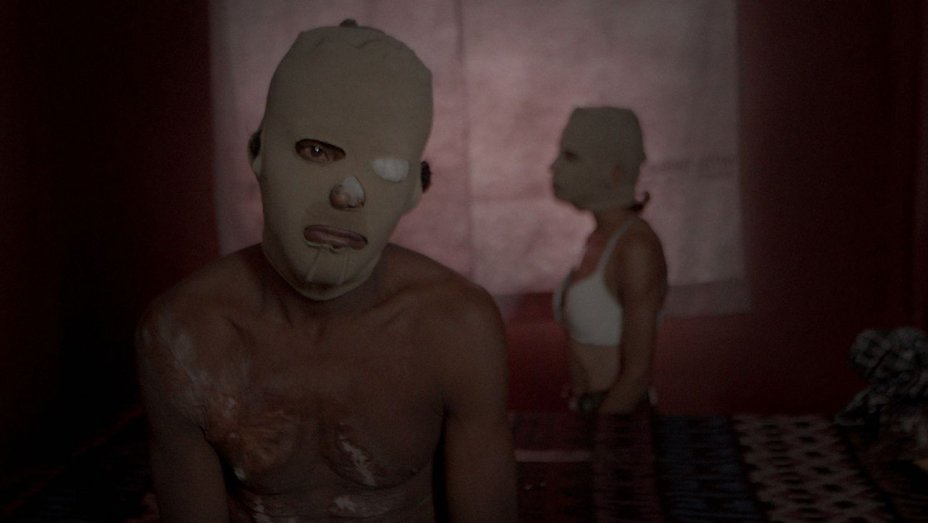
Devil’s Freedom, the new work by one of Latin America’s foremost documentary filmmakers, is a harrowing examination of the collateral damage of the Mexican Drug War. Shot over a year and a half, this documentary is writer/director Everardo González’s reflection on the psychological impacts of extreme cruelty. Devil’s Freedom goes beyond the blood-soaked statistics and tells the stories of a few specific individuals who have been personally touched by the violence: a mother looking for her missing sons, daughters looking for their missing mother, a deserter from the Mexican Army, teenage boys working as hit men for the cartels.
Much of Devil’s Freedom consists of interviews. However, since anonymity was literally a matter of life or death for his subjects, the director chose to have them appear in masks (by Roberto Ortiz and Ana Flores) that cover their entire heads, leaving only the eyes, nose, mouth, and ears free. The masks are borne of necessity, but they’re also an artistic choice, lending a downright unnerving edge to the film. Most of these masked people are interviewed in dark, bland interior spaces, lit primarily by a single light source. Their eyes often stare directly into the camera, shining with an eerie brightness.
This is not an easy piece to watch, but not only for the reasons one might expect. Some of González’s subjects are disturbingly young, and images of masked children holding stuffed animals are juxtaposed with the vivid stories of teenage hit men who cry as they recall their first murders. That being said, at no point is a scene of graphic violence actually shown on screen.
The interviews are intermixed with long, meditative landscapes: the Mexican desert at dawn, abandoned buildings at dusk, burning cars, rubbish left on the side of the road. María Secco’s evocative cinematography and the keen editing eye of Paloma López Carrillo support Gonzalez’s gripping direction. Both the sound design, by Matías Barberis – birdsong, crickets, the tinkling of wind chimes – and Quincas Moreira’s music also contribute to the film’s disorienting atmosphere.
Everardo González’s Mexico is a country full of masked people, hiding in plain sight, unsure if the person sitting next to them on the bus is a murderer or a victim – or both. Devil’s Freedom is startlingly, starkly beautiful. Clocking in at only 74 minutes, this hauntingly beautiful documentary packs a serious punch that will stay with viewers long after the credits have finished rolling.
Alissa Rubinstein
La Libertad del Diablo (Devil’s Freedom) does not have a UK release date yet.
Read more reviews and interviews from our London Film Festival 2017 coverage here.
For further information about the event visit the official BFI website here.
Watch the trailer for La Libertad del Diablo (Devil’s Freedom) here:


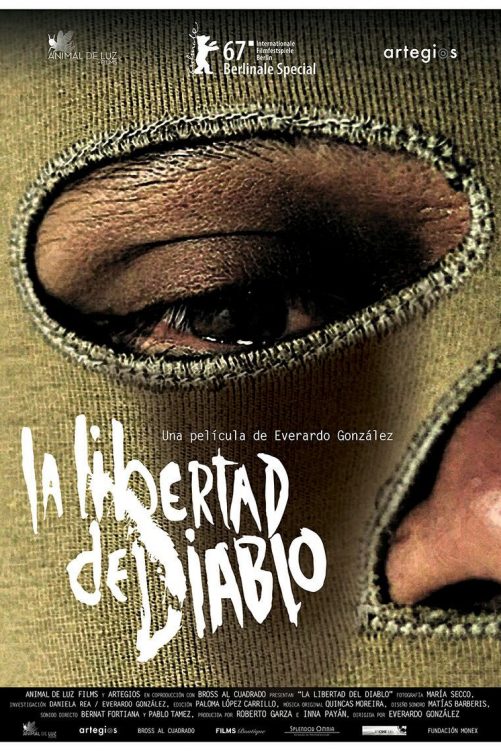
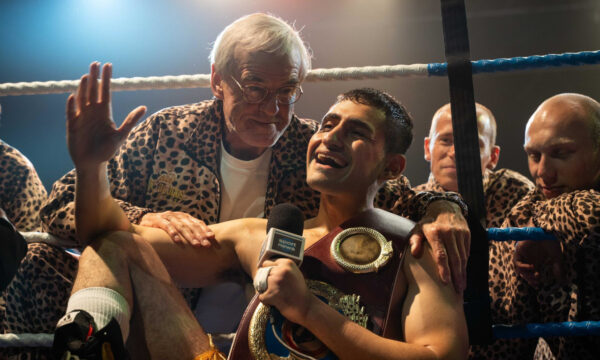
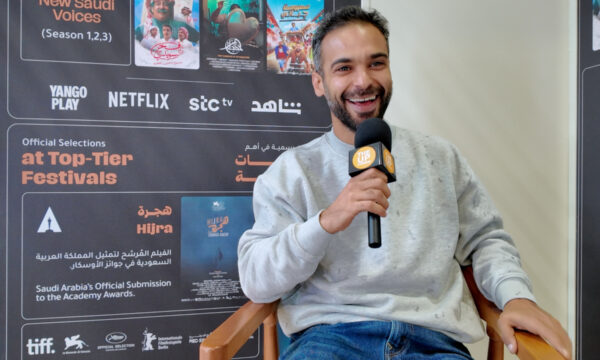
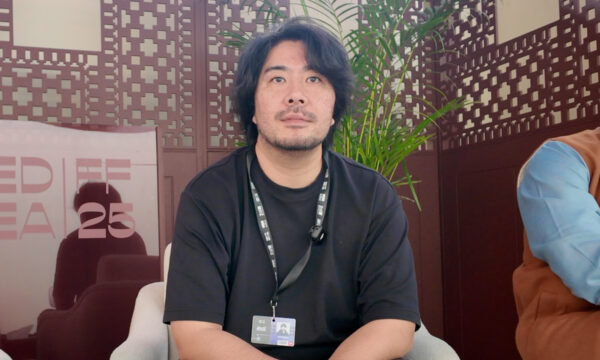
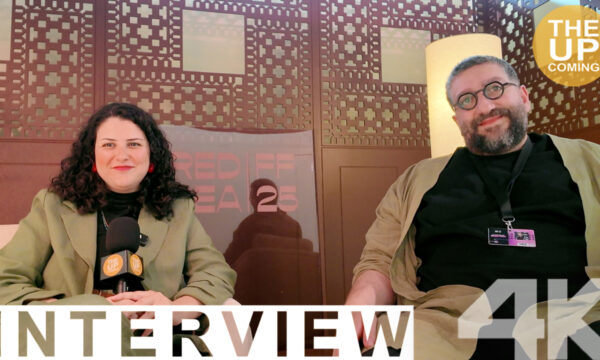
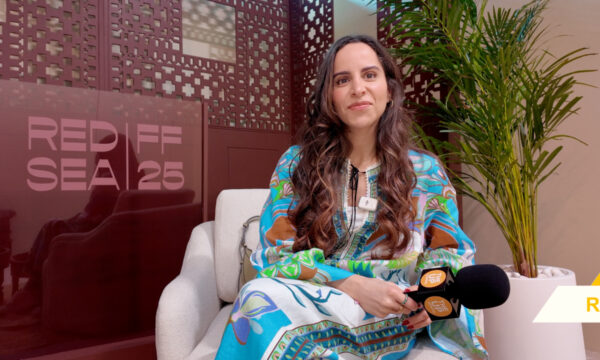
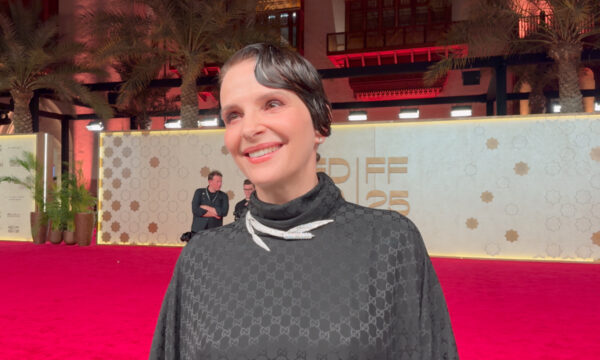
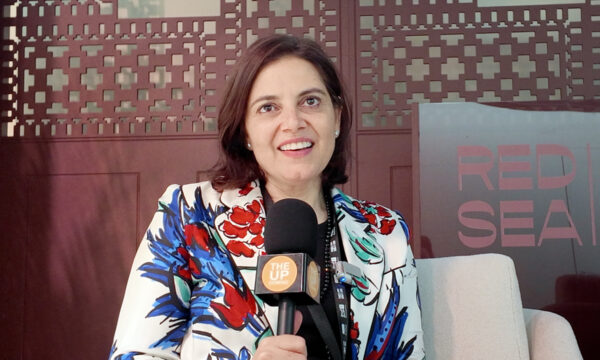
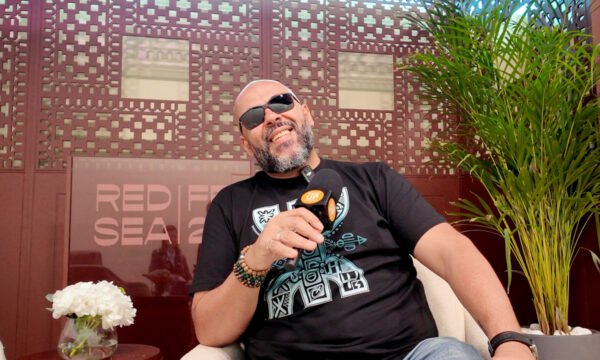



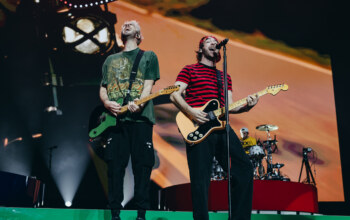
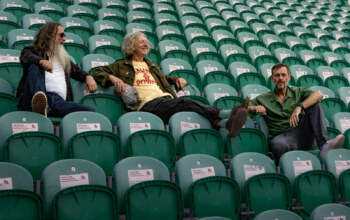
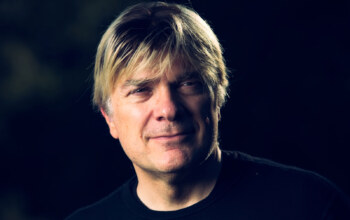

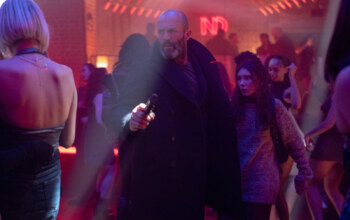
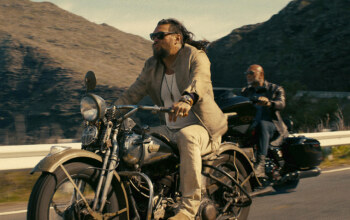





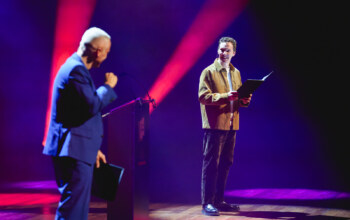

Facebook
Twitter
Instagram
YouTube
RSS